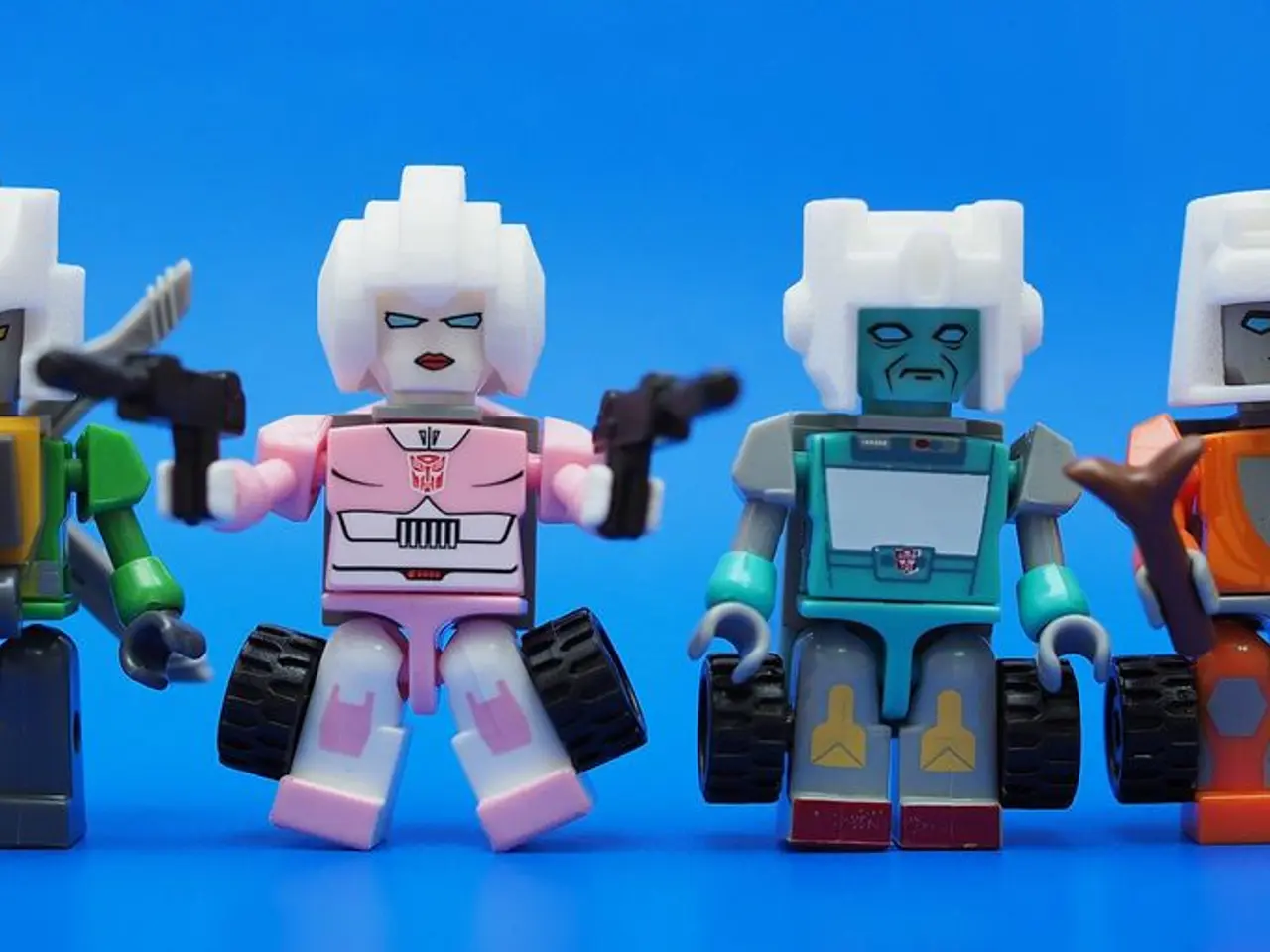Tunisian innovation company manufactures intelligent bionic limbs with aid from artificial intelligence and 3D technology
Affordable, Lightweight, and Revolutionary: Cure Bionics Transforms Prosthetics
Cure Bionics, a groundbreaking startup based in Sousse, Tunisia, has made waves in the field of prosthetics with its innovative approach to bionic arms. Founded in 2020 by Mohamed Dhaouafi, the company has been developing lightweight, affordable, AI-powered prosthetic arms using 3D printing technology and controlled non-invasively through muscle signals detected by advanced electromyography (EMG) sensors [1][3].
The flagship product of Cure Bionics is the Hannibal prosthetic arm, which boasts a rotating wrist, adjustable socket, magnetic charging, tactile feedback for partial sensation, and modes for assistive and automatic functions. The Hannibal, priced at around $8,000, is a significant departure from traditional prosthetics that can cost up to $50,000 and take months to produce [1][3].
To make bionic limbs more accessible, especially for children, Cure Bionics employs the Myo Finder device to digitize hand structures and read EMG signals in real time. Users train via the Myo Link mobile app, simulating prosthetic control before actual use. This approach significantly lowers costs and manufacturing time without compromising advanced performance [1].
The Hannibal model eliminates the need for battery removal, and it features tactile feedback sensors that vibrate when pressed, partially restoring the sense of touch. Although the HANNIBAL model is not explicitly stated to be suitable for children, Cure Bionics' prosthetics are designed for children as young as eight [1].
Since its inception, Cure Bionics has invested approximately $300,000 in developing its technologies. The company is currently seeking investors to expand its smart prosthetics to more communities in Africa and other international markets. The goal is to democratize advanced prosthetic care and make it accessible to all [1].
In summary, Cure Bionics' transformative approach combines cutting-edge AI and 3D printing to revolutionize the field of prosthetics, making advanced care more affordable and accessible, particularly for children.
References:
[1] Al Jazeera. (2022, May 18). Tunisia's Cure Bionics: Making affordable, AI-powered prosthetic arms. Retrieved from https://www.aljazeera.com/news/2022/5/18/tunisias-cure-bionics-making-affordable-ai-powered-prosthetic-arms
[3] The North Africa Post. (2022, April 25). Tunisian startup Cure Bionics developing affordable, AI-powered prosthetic arms. Retrieved from https://northafricapost.com/tunisian-startup-cure-bionics-developing-affordable-ai-powered-prosthetic-arms/
Science and technology have collaborated to bring a revolution in the field of prosthetics with Cure Bionics, a startup that develops lightweight, affordable AI-powered prosthetic arms. By employing 3D printing technology and advanced electromyography sensors, Cure Bionics aims to make prosthetic care accessible to all, improving health and wellness for people with medical conditions who require prosthetic limbs. The integration of artificial intelligence in these prosthetics not only reduces costs but also enhances performance, making it a significant advancement in the realm of health and wellness technology.




